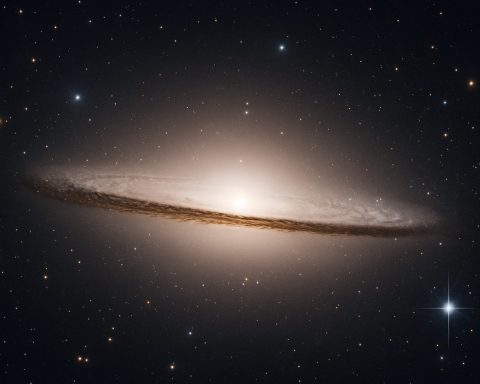Planetary Science
Planetary Science is the interdisciplinary study of planets, moons, and planetary systems, predominantly within our solar system, but also extending to exoplanets and their potential for habitability. It encompasses various scientific disciplines including astronomy, geology, atmospheric science, and astrobiology to analyze the formation, evolution, and physical characteristics of celestial bodies. Researchers in planetary science investigate processes such as planetary geology (landforms, tectonics, and surface processes), atmospheric dynamics (weather patterns and climate systems), and the potential for life on other planets. This field seeks to understand not just the individual celestial objects but also their interactions within their respective environments and their overall significance in the context of the cosmos. Planetary science employs a range of methodologies, including telescope observations, spacecraft missions, laboratory experiments, and computer simulations to deepen our understanding of the universe.





















